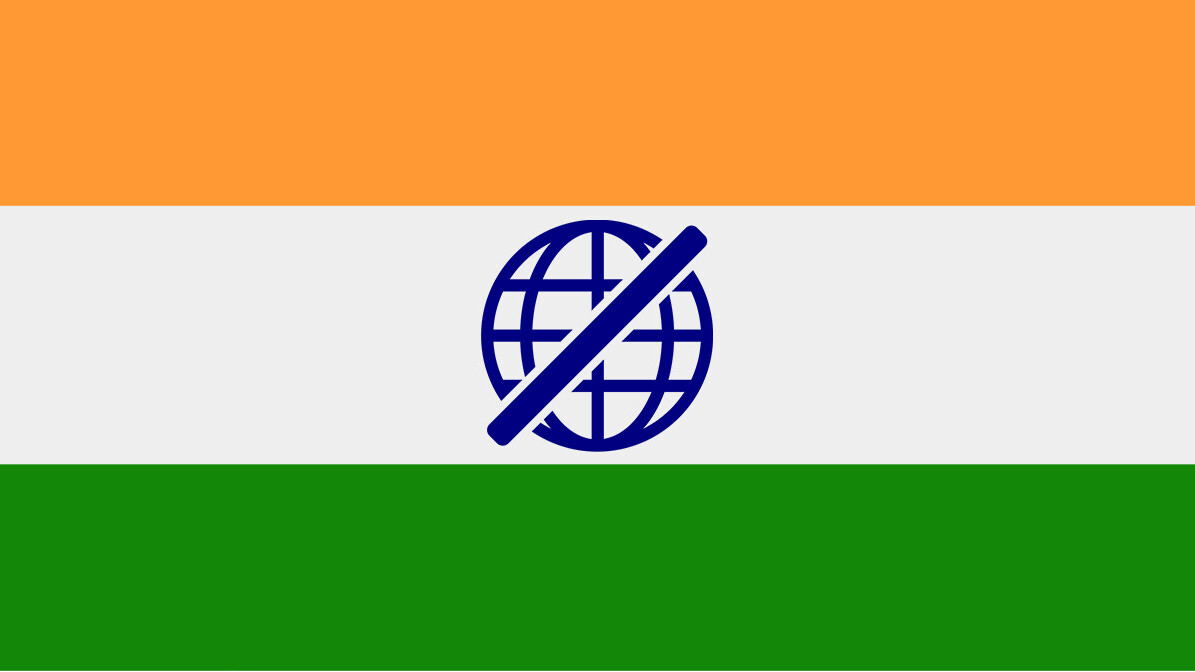Mozilla, GitHub, and Cloudflare wrote a letter today to the Indian government to see the final draft of intermediary rules that will define how online platforms have to regulate content before it’s presented in front of the Supreme Court on January 15.
According to the draft released in 2018, any online entity with more than five million users will be considered an intermediary. With more than 627 million internet users in the country, it’s not a hard number to achieve for any online business.
The rules also define these key points for these entities to operate in India:
- Set up an office in the country with a senior executive that can address and take responsibility for any legal issues.
- Deploy automated “tools for proactively identifying and removing or disabling public access to unlawful information or content.”
- Remove flagged content within 24 hours and provide user data requested by the government within 72 hours.
The letter addressed to the country’s IT minister, RS Prasad, also requests the minister to reconsider safety norms laid out in the last draft of rules as they might promote censorship and increase the burden on a lot of growing companies:
We understand and respect the need to ensure the internet is a safe space where large platforms take appropriate responsibility. However, the last version of these amendments which were available in the public domain suggests that the rules will promote automated censorship, tilt the playing field in favor of large players, substantially increase surveillance, and prompt a fragmentation of the internet in India that would harm users while failing to empower Indians.
The current safe harbor liability protections have been fundamental to the growth of the internet in India. They have enabled hosting platforms to innovate and flourish without fear that they would be crushed by a failure to police every action of their users. Imposing the obligations proposed in these new rules would place a tremendous, and in many cases fatal, burden on many online intermediaries – especially new organizations and companies. A new community or a startup would be significantly challenged by the need to build expensive filtering infrastructure and hire an army of lawyers.
Last year, Wikimedia foundation also wrote an open letter to express concerns over these rules as they might throttle Wikipedia’s open and collaborative platform.
You can read the full letter here.
Get the TNW newsletter
Get the most important tech news in your inbox each week.






